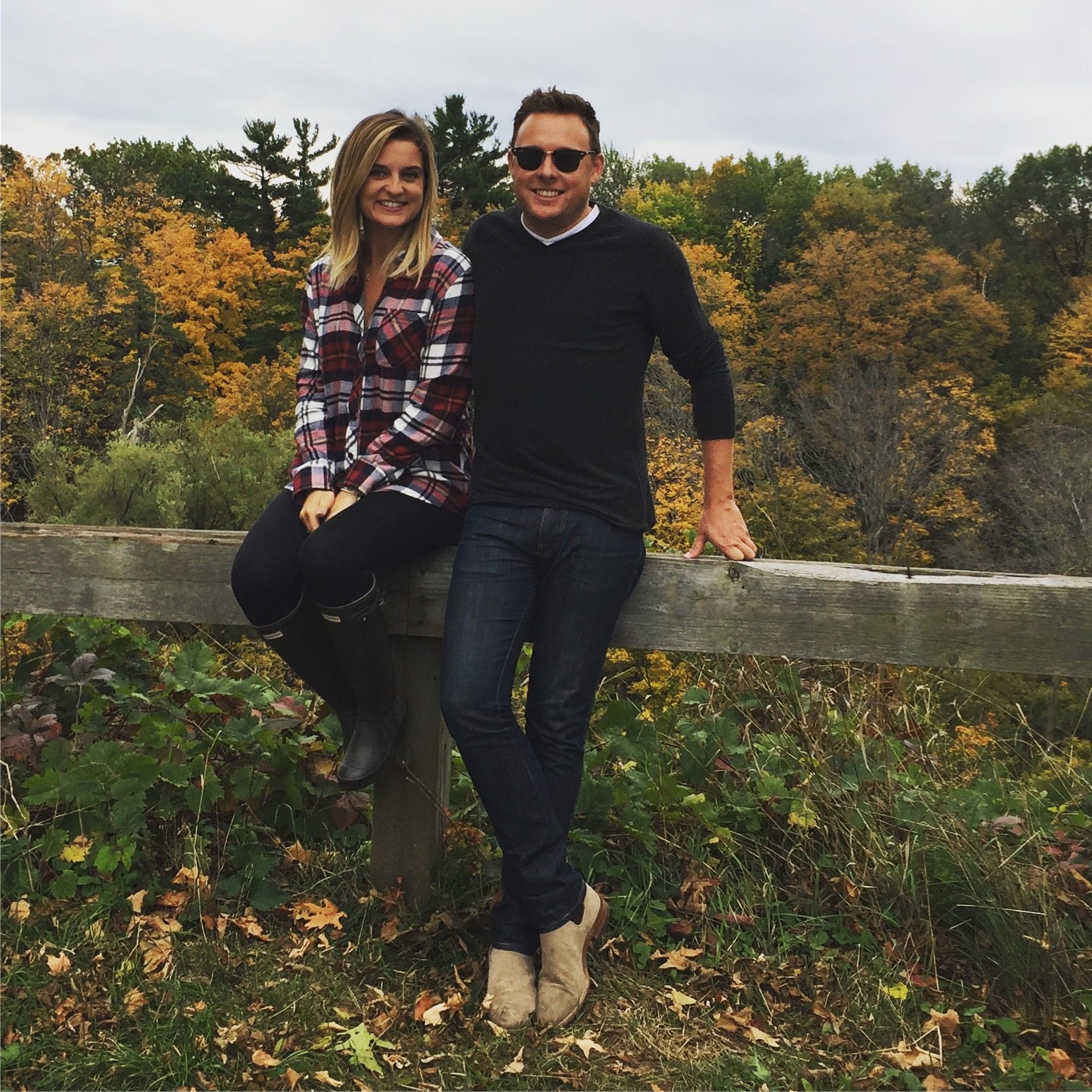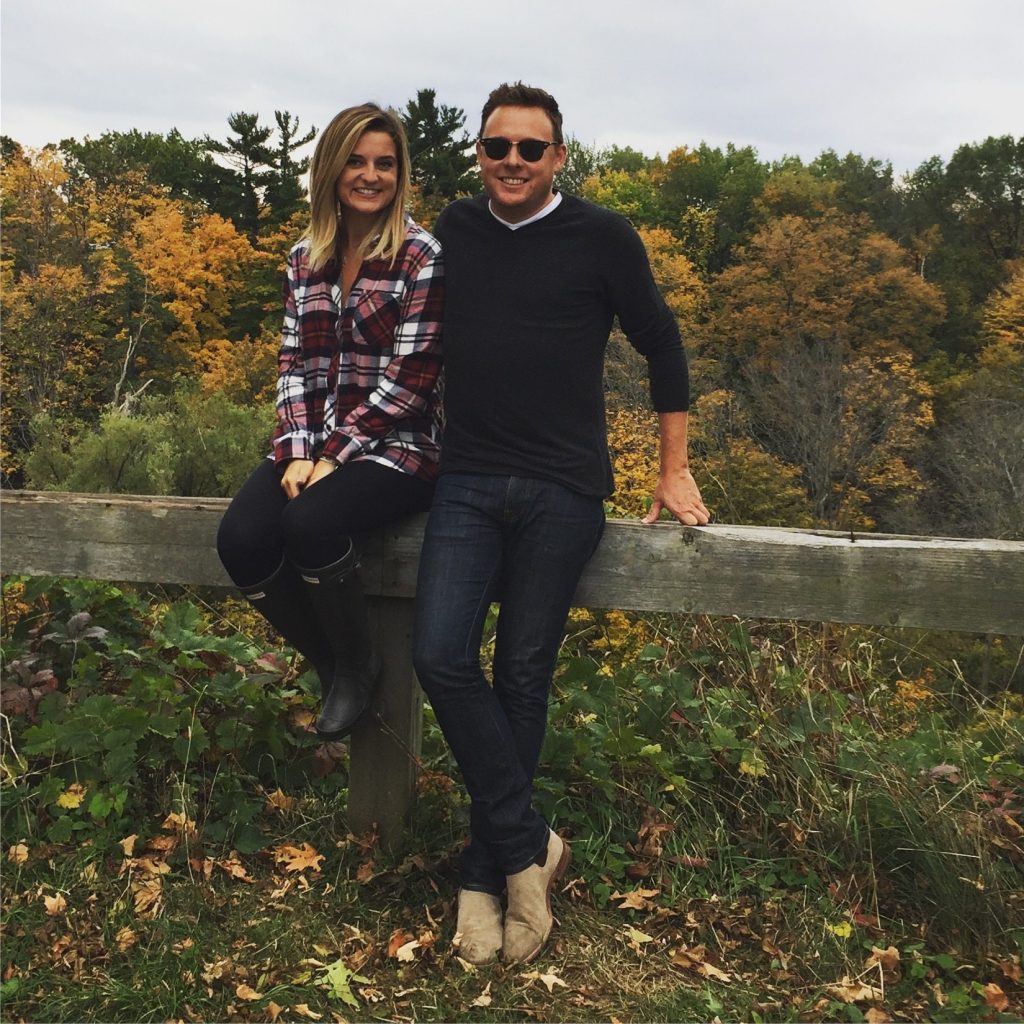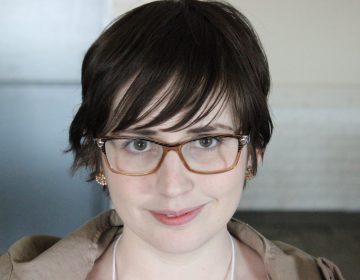
Nick Miller
A little bit about you:
Name: Nicholas (Nick) Miller
Age: 31
City: Toronto (born Melbourne, Australia)
What was/is your diagnosis?
May 2015: right-sided testicular mass;
Jun 2015: spread to lymph nodes;
Aug 2015: remaining soft tissue tumor at surgical margins;
Sep 2016: in remission.
What year was it? What was your age at the time?
2015/30 years
What is something you’ve done that you’re really proud of?
Resiliency. Post diagnosis, physically and emotionally. I’m most proud of my ability to keep “moving forward” irrespective of the unfavorable outlook.
What is a top item on your life to do list?
Having been lucky to have travelled quite a bit pre-diagnosis, my to do list consists of adjusting to the physical and emotional “new me” (i.e. buying a house, starting a family, etc.). My priorities have changed significantly since diagnosis.
What are your hobbies?
I enjoy playing golf, snow skiing, exploring new and exciting parts of Canada/the world, spending time outdoors, trying new restaurants and enjoying the company of great people.
Your diagnosis:
What was your life like before your diagnosis?
This is a tough one. I guess it could’ve have been characterized as “normal” for a person in their 30s: preoccupied with a career, trying to keep as active possible. Life was chaotic and rushed.
How did you find out you were sick? What led to your diagnosis?
I noticed a growth. Fortunately, it was noticeable, so I knew something wasn’t normal. I went to my local walk-in clinic, which referred me to have an ultrasound performed. The rest is history.
What were your first thoughts when diagnosed?
Shock. Disbelief. Confusion.
In which hospitals are you treated?
Mt Sinai;
Princess Margaret;
Toronto General.
What did your treatment consist of?
- May 21, 2015: orchiectomy May 21, 2015 (Pathology: non-seminoma histology (mixed germ cell tumor embryonal carcinoma 70 percent, seminoma 30 percent)
- June 6, 2015: RPLND (retroperitoneal lymph node dissection)
- August 18, 2015: BEP3 chemotherapy
Aside from the three major events (above), I have regular checkups with my medical team (oncology, surgical oncology, etc.).
(Note: the treatment I did/continue to receive was/is phenomenal. Again, I consider myself very lucky. These people are the real heroes.)
Only in the last few months have I started to realize the true impact of my diagnosis and treatments. I was preoccupied with each treatment and “next steps,” I didn’t stop and consider the toll it had taken.
If I can recommend one thing, do not go back to school, work, etc. without seeking the advice of a professional counselor, psychologist or psychiatrist. Whilst not broadly advocated, these resources are available, and (from my experience) it’s well worth the effort to make the connection.
From the research I’ve done, though a patient may feel “fine,” there are probably some issues lurking. As an example, I’ve struggled with the emotional aspects of cancer. Only with the help of a fantastic team, comprising physical and emotional support, I’m starting to make sense of it all. Even then, I’m still left feeling cheated and perplexed.
What is your current medical status?
In remission; my last round of tests (June 2016) came back showing no abnormalities and significant decreases in my tumor markers. There were several inconclusive aspects to my previous CT scan (spots on lungs), which appear to have cleared up.
Life after cancer:
How is life different for you now post diagnosis?
There are the physical side-effects; for me that includes the residual scarring from two surgeries, as well as a couple of lingering chemo-related issues. Emotionally, I’m in a much better place. The irony is not lost on me. This journey, whilst unpleasant, has afforded me the opportunity to identify areas for improvement. In essence, I’m better for the experience, emotionally.
What is/was the toughest part about having cancer as a young adult?
There are several. For me it was the notion that cancer isn’t “supposed to happen to young people.” I was young, and it was definitely happening to me. You can’t help but think, “but I’ve still got so much to do!”
What really helped you to keep going while you were sick?
Wherever you can draw inspiration/support. For me it was family, friends, and strength in numbers (i.e. reading blogs, forums, case studies, etc.) It made me feel like I wasn’t alone, and even thought I didn’t know the people personally, it was although somebody really did “get me.”
What kept you busy during treatment?
I tried to stay as active as possible, even if it meant taking the four flights of stairs up to the chemotherapy ward at Princess Margaret Hospital. I felt that as long as I kept moving, I was headed in the right direction.
Eating was a challenge, and thus finding food I could digest easily became somewhat of a job in itself. Aside from that, spending time with close friends and family was how I passed the time. As I started to improve health-wise, I’ve really enjoyed getting outdoors (cycling, hiking, etc.).
How are you connected with Young Adult Cancer Canada? How did it happen?
I’d heard murmurs whilst I was receiving treatment, however I consciously procrastinated and didn’t really follow up. Through the ELLICSR Center, specifically with the help of Dr. Norma D’Agostino, I reached out to increase my involvement in the program. Since reaching out, I have registered for the upcoming Retreat Yourself in BC, completed this profile, and started to involve myself in the broader community.
The issues:
Did you feel isolated from your peers since your diagnosis?
I did. It’s hard, especially when you don’t feel as if those close to you “get it.” It’s not their fault, there are just some aspects of this journey which are hard for someone who hasn’t dealt with similar feelings—both physically and emotionally—to understanding. Unfortunately, it’s a function of cancer, which is a reality.
Did anyone talk to you about fertility options before treatment?
Yes, I was lucky to be able to bank several samples before my first surgery. Diagnosis can be quite overwhelming, and if the cancer is deemed aggressive, things can feel rushed. It was nice to have the peace of mind that fertility wasn’t going to be an issue (of sorts) we’d have to address immediately.
Has your cancer diagnosis affected any of the relationships in your life? If so, how, and how are you managing them?
Absolutely; I’m forever indebted to the family and friends who cared for me over the last 17 months, in a myriad of ways. I’m certain it wasn’t pleasant, but as a result I’ve strengthened those relationships and see each as having a profound impact on my recovery.
How has your cancer experience affected your body image, and your relationship to your body?
I’m quite lucky; aside from the two surgeries and some lingering side-effects from the chemotherapy, I really didn’t experience too many noticeable physical body changes. As stated below, I’m more attuned to my body. I’ll “check-in” with myself on a regular basis, just to take snapshot and ensure I’m feeling good and moving in the right direction.
What are some lifestyle changes you’ve made since your diagnosis?
I try to be (not always successfully) mindful of how I treat my body. I’m learning how to be kind to it and listen to what it’s telling me. It’s definitely a work in progress. I’ve heard and read from a few people that they see a dramatic change post cancer; I haven’t found this to be true (in my experience). That said, I’m definitely mindful of how I’m feeling and find time to check-in regularly.
Resources and recommendations:
What would you add to a treatment-day playlist?
I wasn’t really in to music during my treatment, though in hindsight, I probably would have benefited from quieter/relaxing/classical music.
Which books/movies/podcasts/TV shows/etc. would you recommend?
People were very generous and gifted/suggested dozens of different books/TV shows. It’s safe to say I started, but did not finish, most of the books (I found it quite difficult to concentrate, especially during chemotherapy). Regarding TV shows, Netflix was my friend; the ability to play, pause, and stop based on how I was feeling was ideal. I watched countless hours. I especially enjoyed series as they gave me an escape from the day-to-day.
Have you participated in any other retreats, conferences, programs, or support groups you’d like your cancer peers to know about?
I’m registered for Retreat Yourself BC in the fall.
Are there any other resources you’d like to recommend?
I would recommend speaking with a qualified counsellor, psychologist, or psychiatrist. Even if it’s just to establish a baseline or comparison, I think it’s immensely helpful to get the opinion of someone who sees the lingering side-effects of cancer on a daily basis.
Stay in touch:
What would you like to say to other young adults dealing with cancer who are reading this profile?
Whilst the diagnosis and treatment of cancer can come in many forms, there are many similarities (from my experience) in the journey. My advice to those at all stages of their cancer journeys is to know there are people out there who do “get it” and are only too happy to act as an added layer of support.
Are you interested in helping others facing cancer challenges? If so, please let us know how you can be contacted.
Absolutely!
(Please email [email protected] if you would like to get in touch with Nick and we’ll pass along a message.)









